
Abstract Nouns vs. Concrete Nouns Explained
Things we can see, touch, feel and count are concrete nouns. Abstract nouns name nonphysical ideas, emotions, states and qualities, like empathy, justice and buddhism.
Explore the breadths and depths of Grammarflex’s knowledge base, containing resources and comprehensive guides on pretty much everything you could want to know related to English grammar and writing.
Learn all about the main parts of speech, which (in case you forgot) comprises of verbs, nouns, adjectives, pronouns, adverbs, conjunctions, prepositions and interjections. Beyond the fundamentals of English grammar, you’ll find guide on writing mechanics and style, literary devices amd more.


Things we can see, touch, feel and count are concrete nouns. Abstract nouns name nonphysical ideas, emotions, states and qualities, like empathy, justice and buddhism.
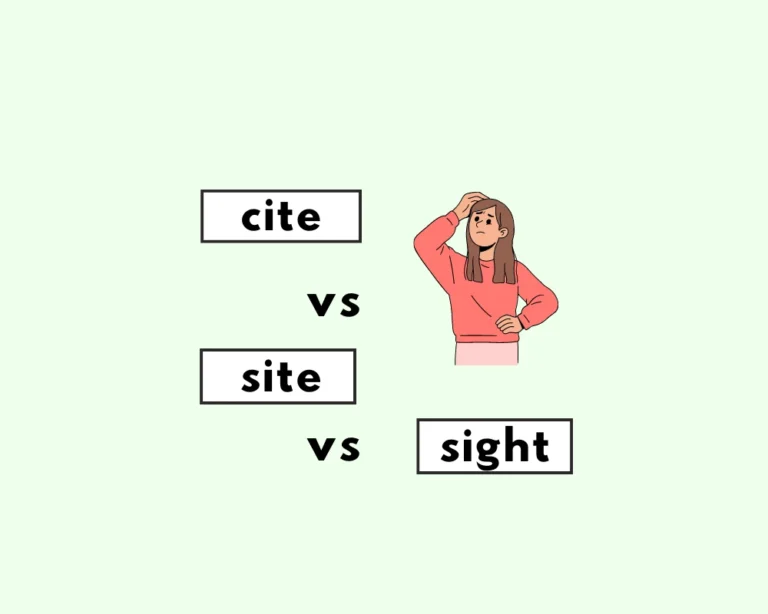
‘Cite’ typically means to “quote a passage”. A ‘site’ is a physical place or location, and ‘sight’ refers to the ability to see.
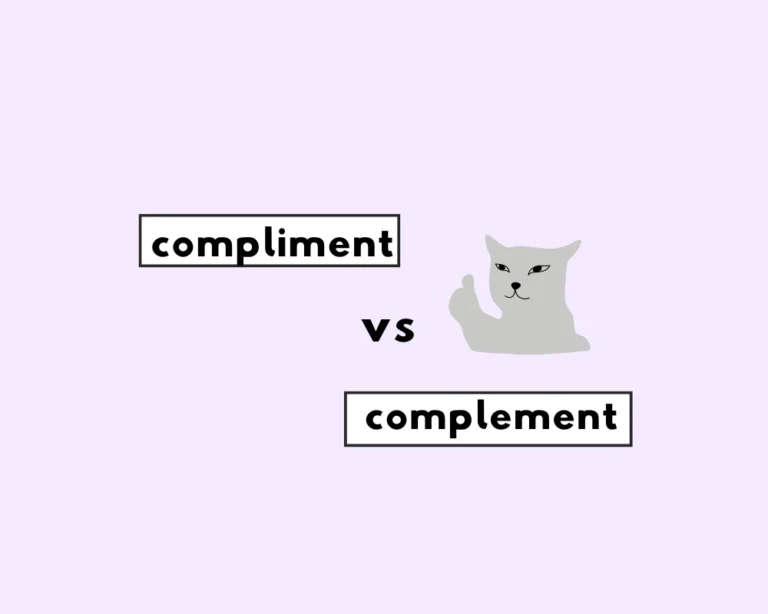
A compliment is an expression of flattery or admiration. A complement is “a thing that completes or brings to perfection”.
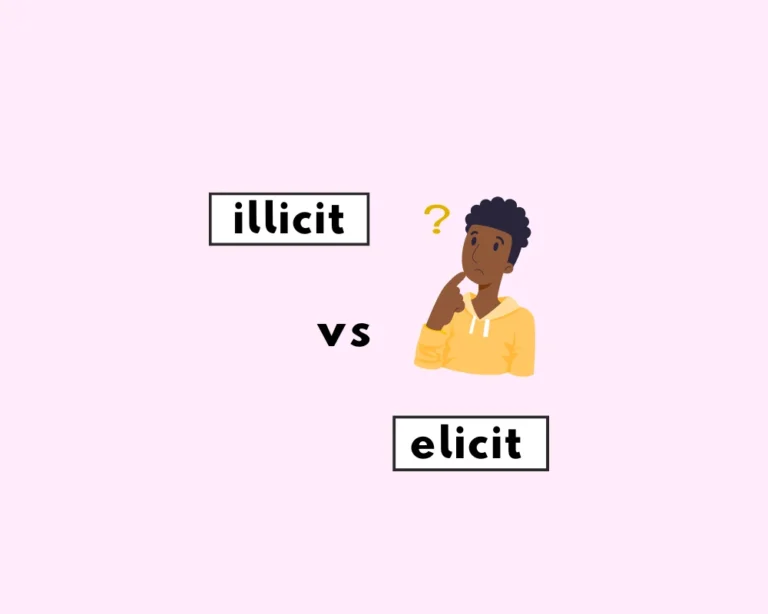
Illicit is an adjective that describes something as unlawful, prohibited or morally frowned upon. Elicit is a verb that means to bring forth or draw
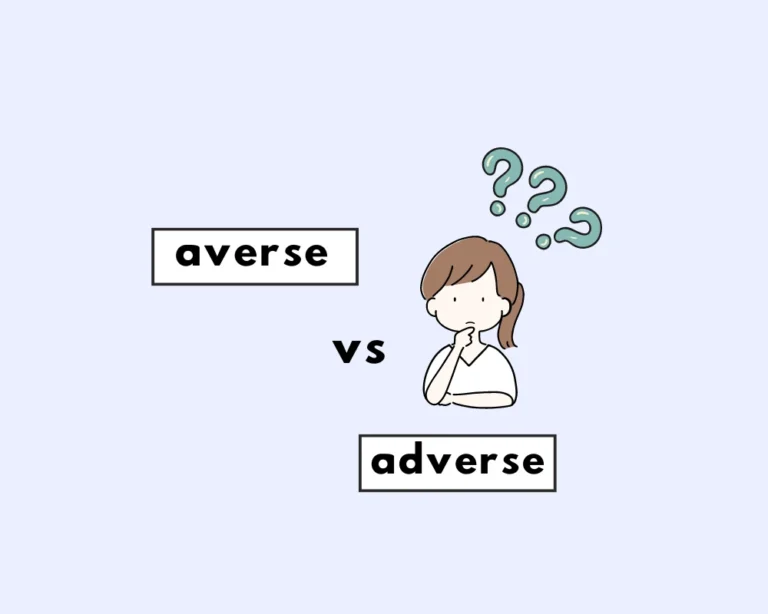
Averse is used to describe someone’s personal feelings of dislike (or aversion) towards something. Adverse typically applies to negative events, effects, actions or outcomes.
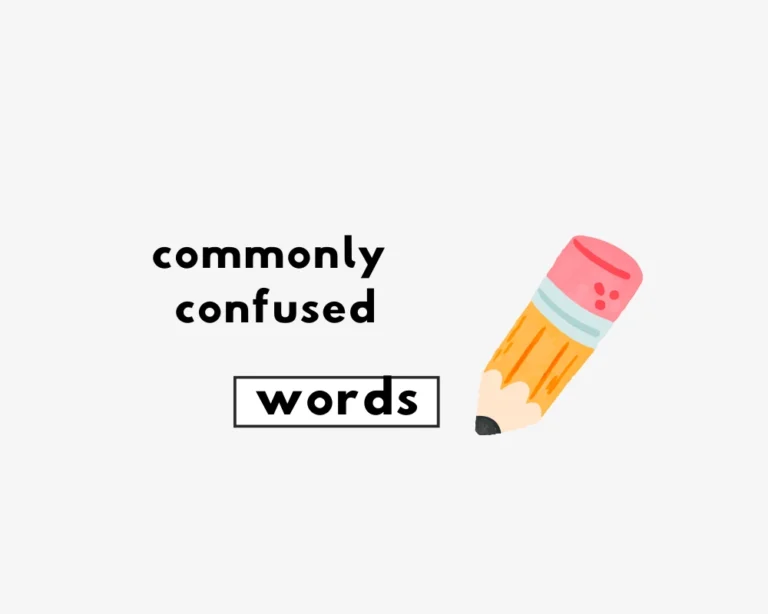
Take a gander through this list of commonly confused homophones in English. Do you know the difference between ‘advice’ and ‘advise’, or ‘allusion’ and ‘illusion’?
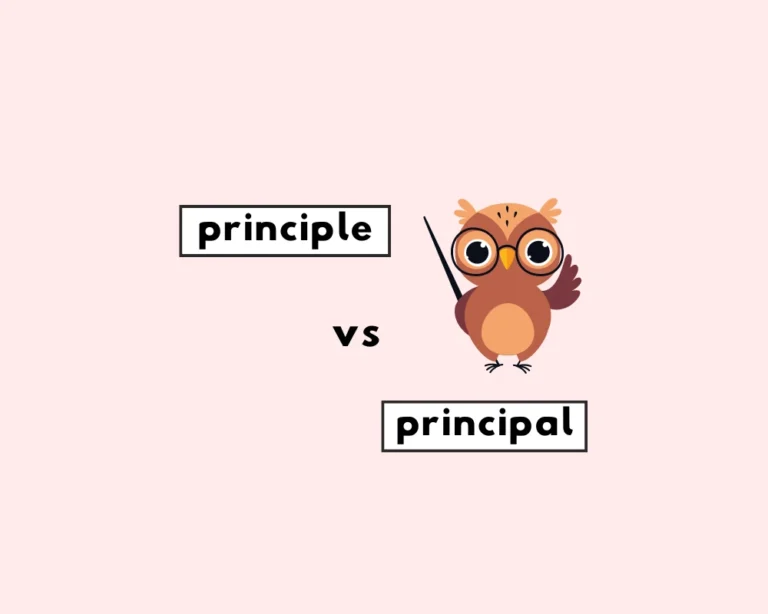
Principle is a noun that means “a comprehensive and fundamental law, doctrine, or assumption”. Principal is an adjective and a noun that refers to the
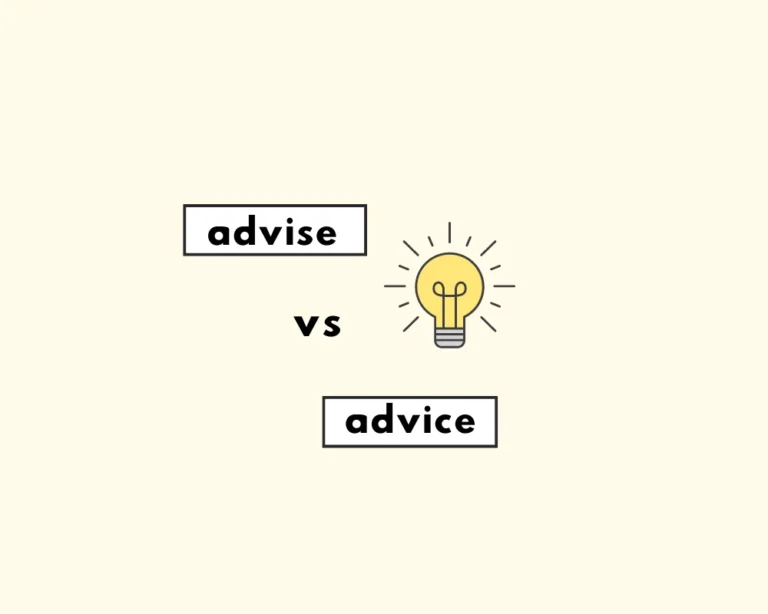
To advise is a verb that describes the act of giving advice. Advice is a noun that refers to the actual guidance or recommendation that’s
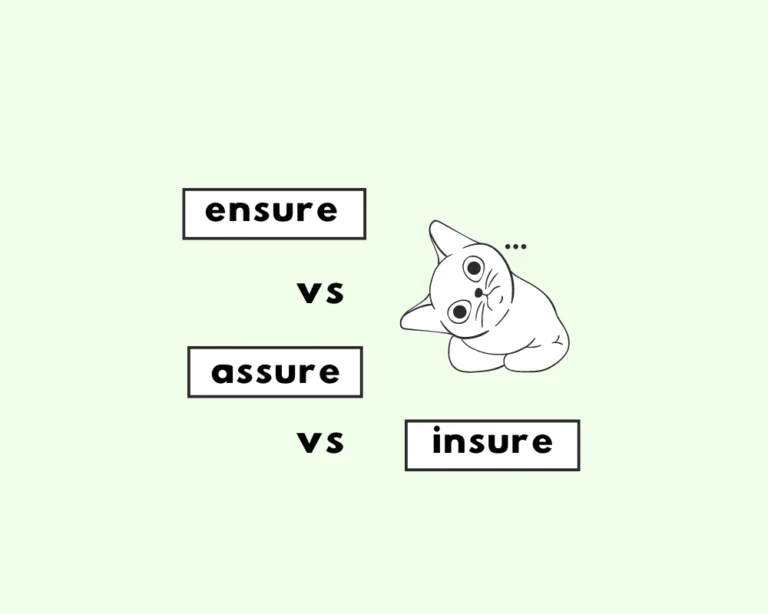
Ensure means “to make something certain to happen”. Assure means “to tell someone confidently that something is true”. Insure means “to guarantee against loss or